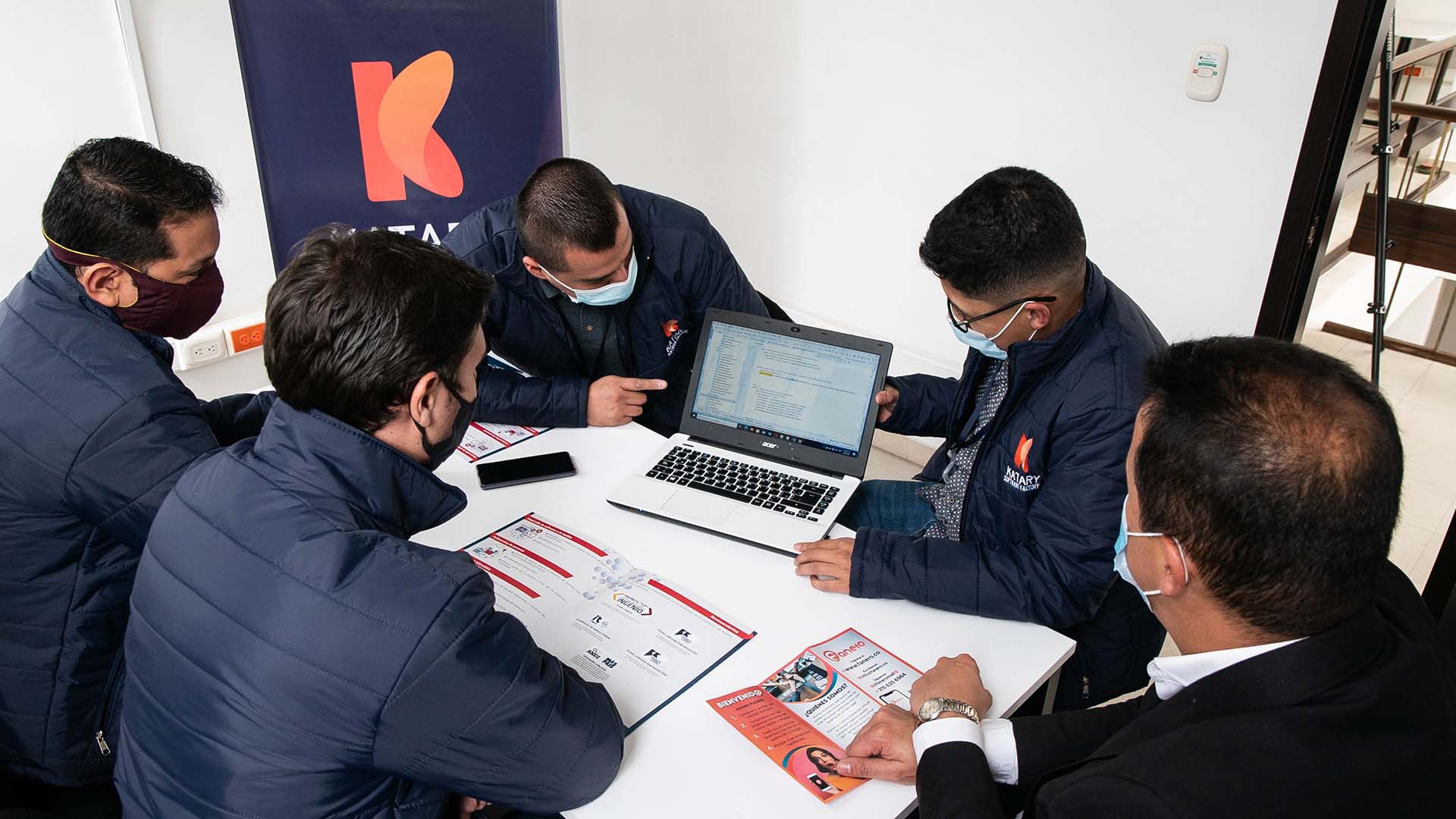
The Ecommerce Boom in Colombia
With the fourth largest e-commerce market in Latin America, Colombia’s exports are experiencing unprecedented demand.
Since the dotcom boom in the mid 1990s, ecommerce has provided a springboard for businesses around the world, especially in helping them to excel globally. But it wasn’t until the coronavirus pandemic in 2020 that its true value was realized. As a saving grace for most businesses around the world who couldn’t operate physically due to lockdown restrictions, the digital world of buying and selling quickly became fundamental.
In 2020, global ecommerce billed 27.6% more than in 2019, according to eMarketer, with a total of US$4.2 trillion. With no signs of slowing down, the growth forecast for ecommerce in 2021 stands at around 14%, or $5 trillion, an upsurge which has presented ample opportunity for international growth, especially for businesses in developing countries.
Ecommerce: enabling the boost of Colombian exports
As with most countries around the world during COVID-19, one of South America’s most biodiverse countries, Colombia, saw millions of individuals forced to migrate many of their everyday activities to the virtual space. This even included more fundamental services, such as grocery shopping and everyday supplies.
By the end of 2020, Colombia was estimated to have close to 22 million online buyers, that is, over 60% of the nation’s internet-using population. In turn, the country ranked as the fourth largest e-commerce market in Latin America, a position it is expected to maintain through 2021, according to Stastica.

Flavia Santoro Trujillo, the president of ProColombia – an entity responsible for the promotion of Colombian exports, international tourism, and foreign direct investment – said “without a doubt” that while these figures were accelerated during the pandemic, they will continue to grow for 2021 and beyond.
“Sales opportunities are opened abroad for quality goods from Colombia,” she said.
“Through our ‘Colombia a un Clic’ program, an initiative which advises Colombian companies in their insertion in international marketplaces such as eBay and Amazon, we have had 417 companies with an open account on some platform.
“Of these, 175 have already made sales of $19.5 million between April 2019 and September 2021.”
According to Santoro, the destinations to which these goods are most popular are in the United States with 104 Colombian companies, followed by the United Kingdom with 42 and Mexico with four.
The ecommerce impact for Colombian companies
Thanks to the impact the ecommerce boost is having on Colombian businesses, some of the best-selling products in the US include goods based around iconic Colombian culture, such as tortilla machines, salsa paraphernalia, and traditional crockery. Consequently, Colombian suppliers have gained new ground in digital markets, fervently positioning themselves across ecommerce platforms – especially on Amazon in the US.
With the supervision of ProColombia, brands like SalsaFitt have been able to thrive. The company, which focuses sales on its flagship product – a harness to aid exercise along to Salsa music – set up its virtual store on Amazon US eight months ago.
We’re already selling our first products and we hope to have a first balance by the beginning of 2022
SalsaFitt Founder and CEO, Carlos Trujillo
Throughout this process, ProColombia offered SalsaFiit, among many other small-scale companies, advice and “best practices” as guidance, and so that they can continue to see success.
“[ProColombia] shared with us the information of what has worked and what has not, of the processes and the permits, and many times they have market research that is much better than ours,” added Trujillo. “This has made the process much easier for us to finally export.”
Kitchen items have also become more prevalent on online North American retail outlets. Take homeware brand Corona, for instance, which entered the market on September 13 and has already sold high numbers of tableware.
“Thanks to the accompaniment of our advisor, we began by understanding the portfolio of products that we should offer and the appropriate prices for the environment in which we were going to enter,” said Angie Suárez, the company’s international account executive.

Corona hopes to consolidate its presence on Amazon and become a true competitor in the tableware category and, in the long term, be considered an industry benchmark for design and innovation.
In a similar business segment is Mecánicos Unidos, a distribution company that started exporting and coding on Amazon in 2005 and is dedicated to the elaboration of kitchen utensils and a tortilla machine, which it considers a “best seller”.
Manuel Mejía, the company’s commercial manager, said: “Our added value has been the content about the uses and care of our products and our great customer service.
“Now our goal is focused on reaching and expanding throughout Europe.”

